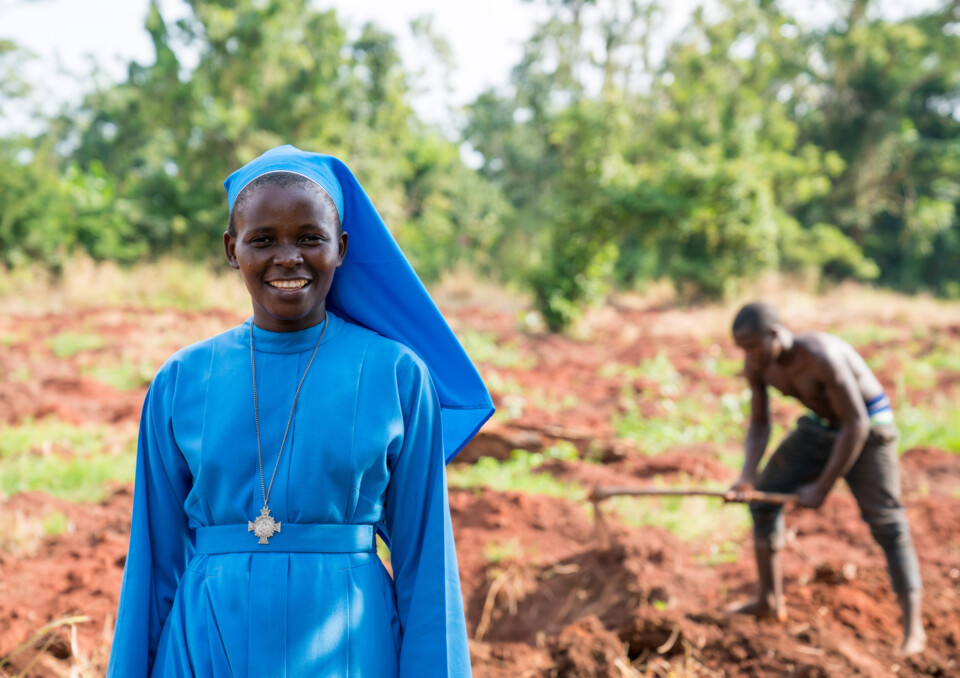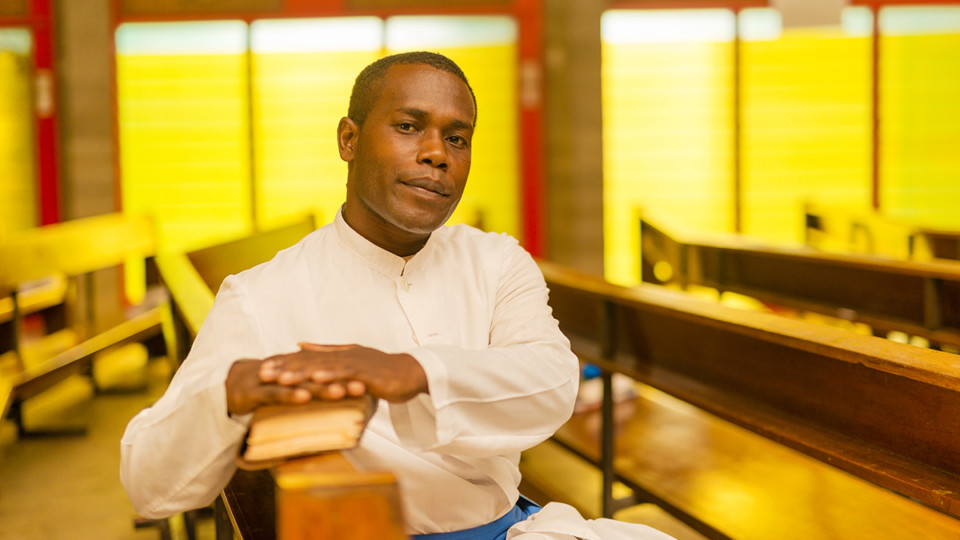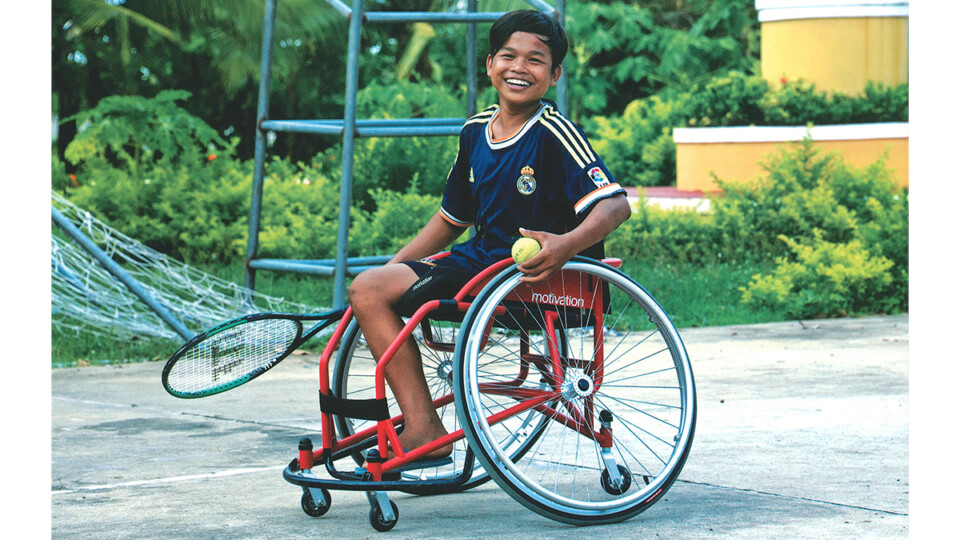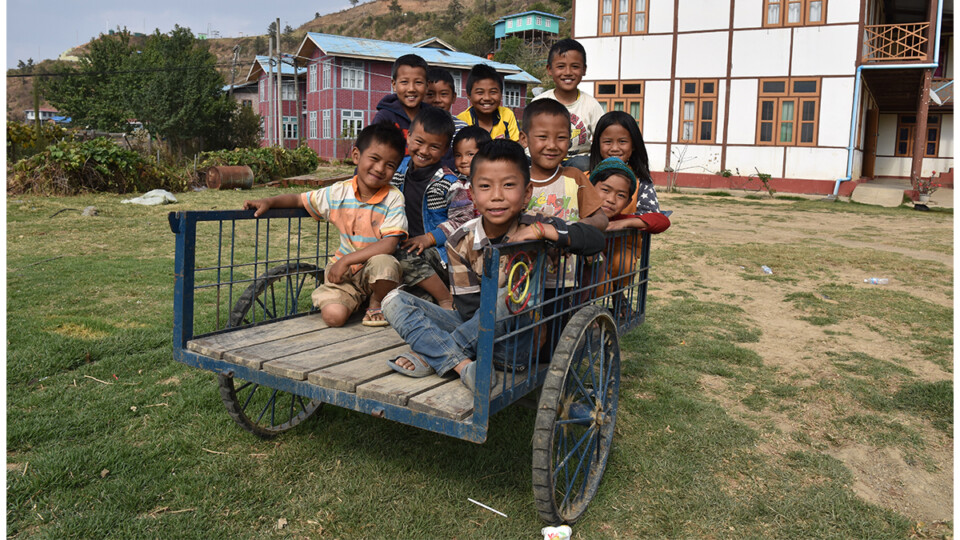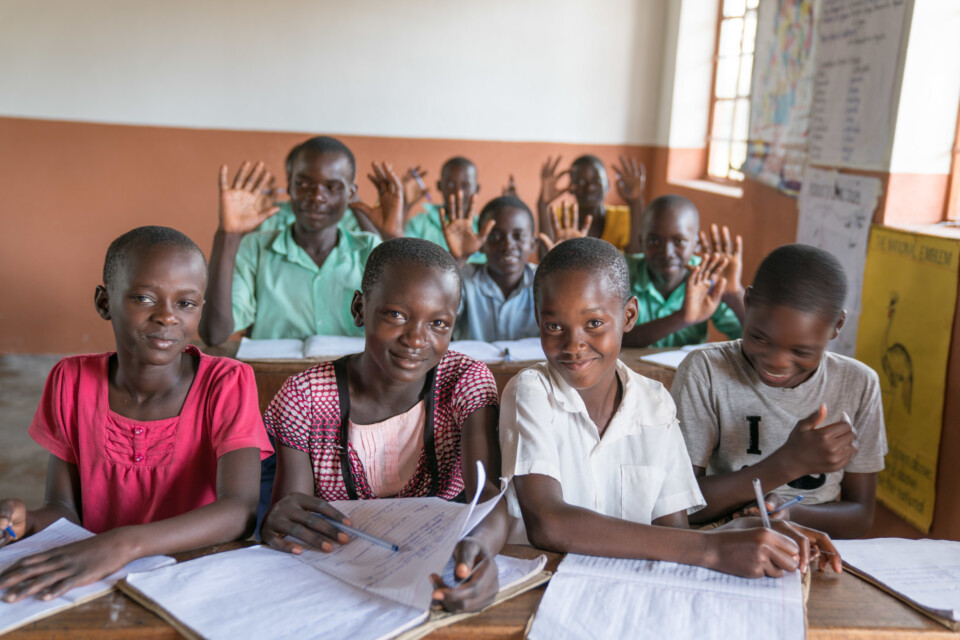
Empowering women to earn a crust
In February 2017, dozens of students, with their families and friends in tow, turned the Kidist Mariam Pastoral Centre for Women in Meki, Ethiopia, into a hive of activity. The occasion? The very first graduation ceremony for the centre and for 40 women who had completed its vocational training courses. It was a landmark moment for the Kidist Mariam Centre and for the women; a clear indication of the progressive steps the Church and the community are taking towards gender equality in the region.
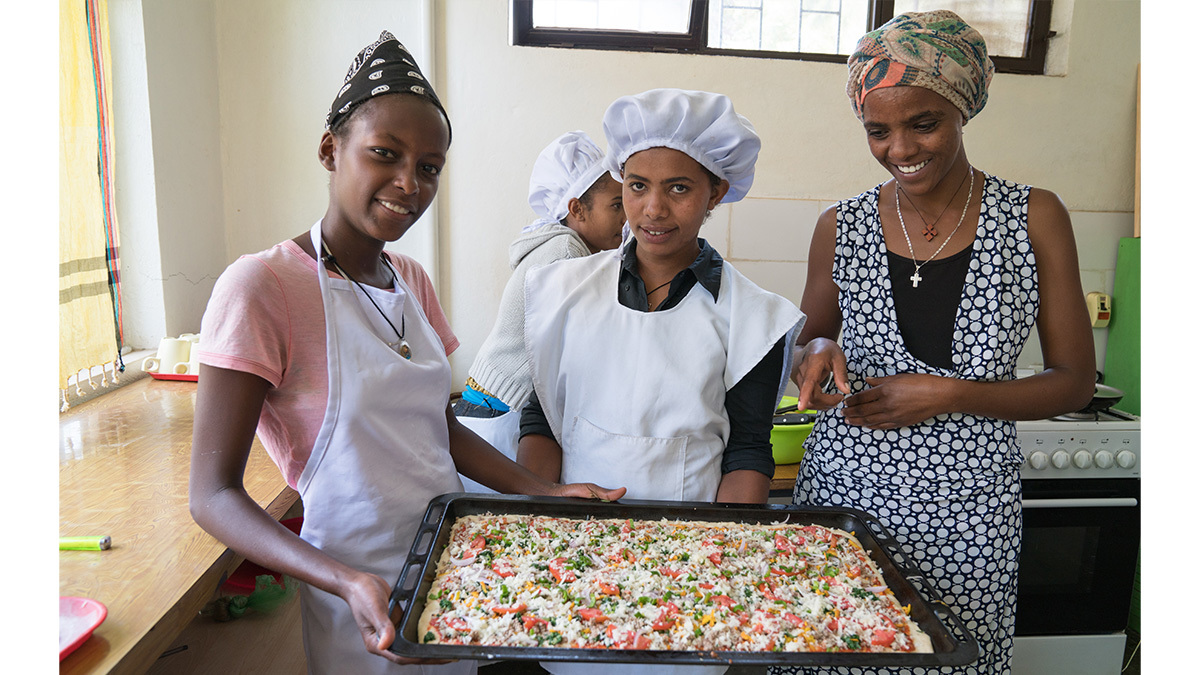
The Kidist Mariam Pastoral Centre for Women was opened in February 2016 by the Community of St Paul, based in Meki, two and a half hours south of Ethiopia’s capital, Addis Ababa. According to the project leader, María José Morales from the Community of St Paul, it was established to address an imbalance in equality in the local area. ‘It is a region where women are often marginalised, and their human rights seldom taken into consideration,’ she says.
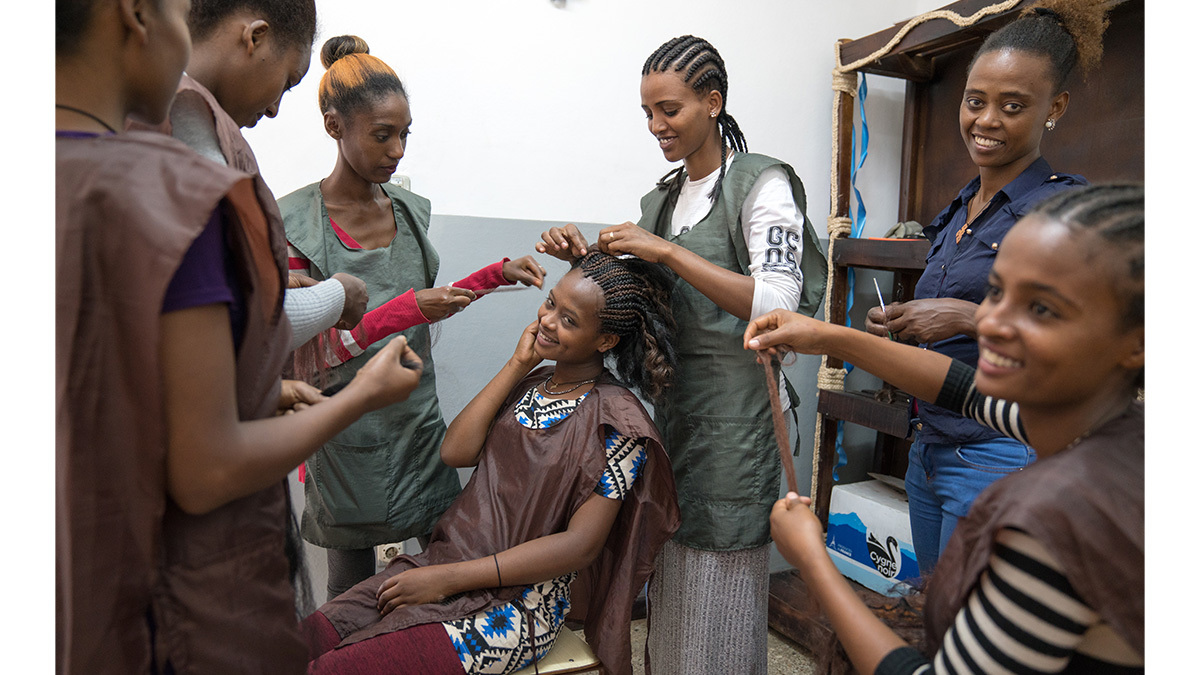
‘Not having an adequate formal education hinders them from securing dignified jobs. Many of them are dedicated solely to the care of their children, depending mainly on the income of their husbands to provide for their daily needs, and their lack of tertiary training makes it almost impossible for them and their families to escape the ardent poverty in which they live.’ Bishop Abraham Desta of Meki says the centre is important in addressing poverty, which is the biggest issue in the region. ‘As a church, I see that we really must focus firstly on education and to give people skills and short training so they can create and find jobs,’ he says.
‘In this centre we have young girls, some of them who have been to the Middle East, looking for greener pastures, but found themselves in great difficulty; abused in a sort of modern slavery. As a church, we cannot close our eyes to this.’
The Kidist Mariam Centre, which is supported by Catholic Mission, offers professional training courses, such as painting, tailoring, food preparation and hairdressing, to young women of Meki who have not been able to complete their studies. Each semester, the enrolment at the centre has grown exponentially, with over 100 students attending in the March to August semester of 2017.
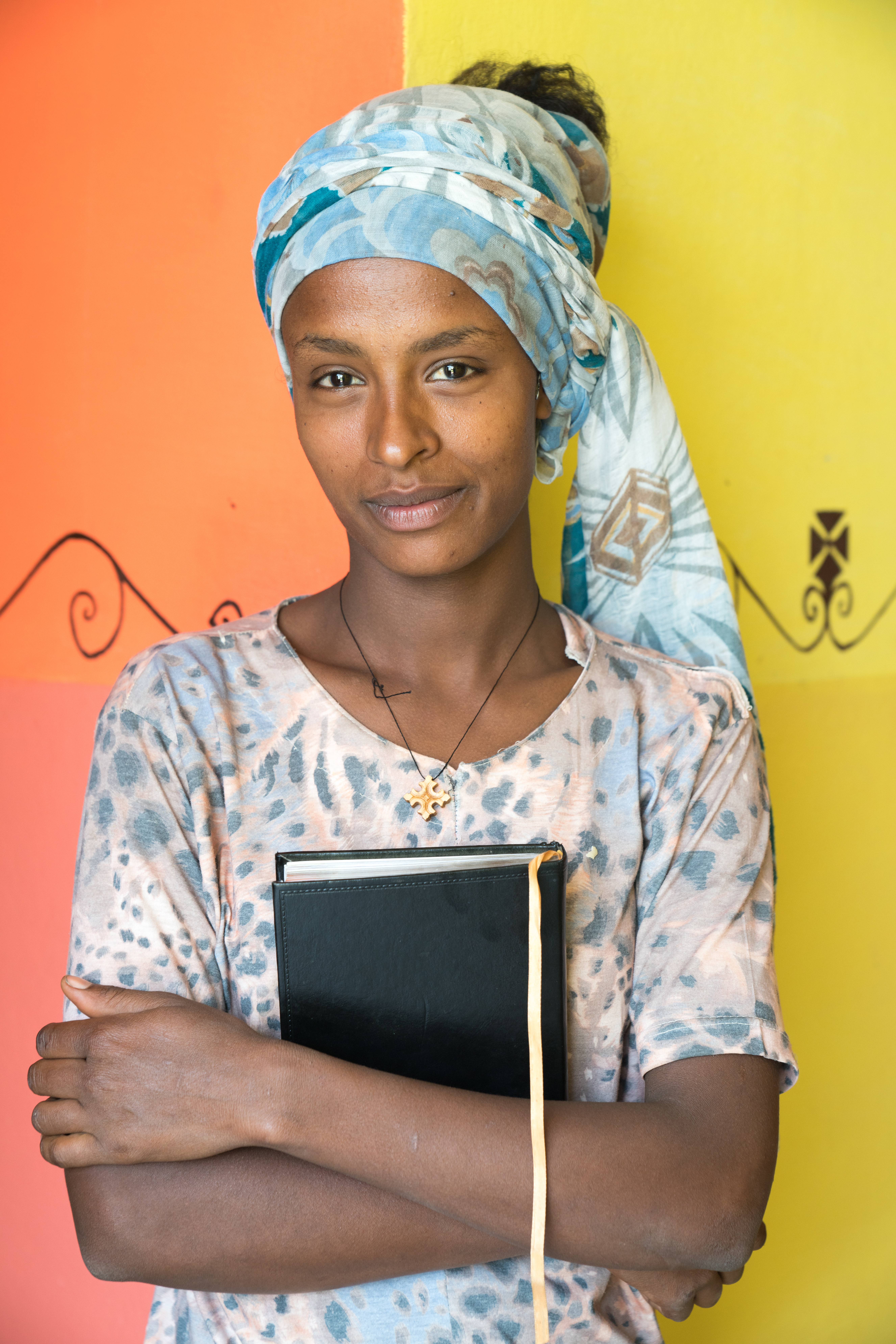
Looking ahead, it is anticipated that approximately 240 women per year will acquire skills in one of the key vocational training areas. Each course curriculum lasts six months, or one semester, with students attending morning or afternoon classes depending on their circumstances. Advanced second-level courses in food preparation and tailoring opened up in the second semester of the inaugural year, while from mid-2017, second-level courses for hairdressing became available to students.
Today, all forty of those students who graduated back in February have found gainful employment in their specialist fields. Three have become teachers at the centre, while half of the cohort have created their own jobs in the community or are running cooperatives out of the Mariam Kidist Centre, producing school uniforms for young local families. Bishop Abraham says the support from Australia is essential to the success of the program. ‘The Church in need needs people from all over to be united in solidarity,’ he says. ‘There is need and we must look into that need and see what we can do together.’
